Journalist goes zero waste
This semester, reporter Sydney Brown is attempting to live a zero-waste lifestyle. From eliminating disposable food containers to paper towels, she’ll be updating the Life section every three weeks on her journey.
August 19, 2019
If you go to the Compton Union Building for food, you probably get a paper box. Employees unwrap plastic bags of food and once you pay, you get a paper receipt, or it’s thrown in the trash. You grab a plastic fork, maybe a plastic knife, get your paper cup and finish it off with a plastic lid and straw. Then, when you have the mind to grab some napkins, a sign reads, “Thank you for helping us conserve.”
As literal islands of trash float on our oceans, I’ve recently felt like I’ve woken up. Climate change is at our doorstep. The discussion has made a cosmic shift from, “What are we going to do if…” to “What the hell are we going to do now?”
As scientists release studies with more dire news about the state of our planet, it seems that we’re too wrapped up in political squabble to actually do something about it as a society.
Zero-waste living has become part of the standard solution proposed to help combat the warming planet. It makes sense why — scientists generally agree that humans have at least accelerated, if not caused, the issues we now face.
Data found on the National Oceanic and Atmospheric Administration Climate (NOAA) website shows that since the Industrial Revolution, the amount of carbon dioxide has increased by 40 percent. Another graph shows that snow melts quicker and at earlier times than in the 1960s and 1970s.
According to a technical analysis from the NOAA, it’s an everyday issue. This analysis found that flooding in Seattle now happens every 6-12 months — in 1950, these floods happened about every 1-3 years. Leaders in Iceland are now worried that their biggest glaciers will melt within the next few decades. The Union of Concerned Scientists, backed up by its numerous peer-reviewed journal articles, have discovered that dry areas will only become drier and hotter.
Basically, we’re f-cked. Scientists concluded that we have roughly one decade — until 2030 — to reverse the most intense effects of climate change, according to a report done by the UN’s Intergovernmental Panel on Climate Change. Humans affect the land they touch — in positive and negative ways — so it must mean we can actually do something about it, right?
For me and my own conscience, I’ve decided to do the unthinkable: totally change my lifestyle. Zero-waste living, based on what I’ve read and seen, can be simplified.
I plan on limiting the amount of trash I throw away, especially plastic. I want to speak with local professionals, environmental professionals, local cooperative board members, farmers and even students about their experience.
I’m on a journey to find the answer to one of humanity’s most important questions: can we, as regular people, save this beautiful planet? Whether you “believe” in climate change or not, producing less waste should be a universally good practice.
Maybe you’ll get some ideas for yourself, or maybe you’ll think I’m crazy and spend my money on stupid stuff. Maybe you’ll be inspired by some of the people on the Palouse actively combating climate change, or maybe you’ll think this is all just a hoax. And maybe this whole thing will crash and burn in front of my eyes as I realize I don’t have the funds or the time to live totally zero waste. Either way, I have to try. This is the only home I’ll ever have.
Writer’s note: I don’t have a lot of (or any, really) expertise in this area, so I’m open to any suggestions. If you have ideas, tips, people I should interview, or businesses I should scope out while on this journey, please feel free to email me at [email protected].

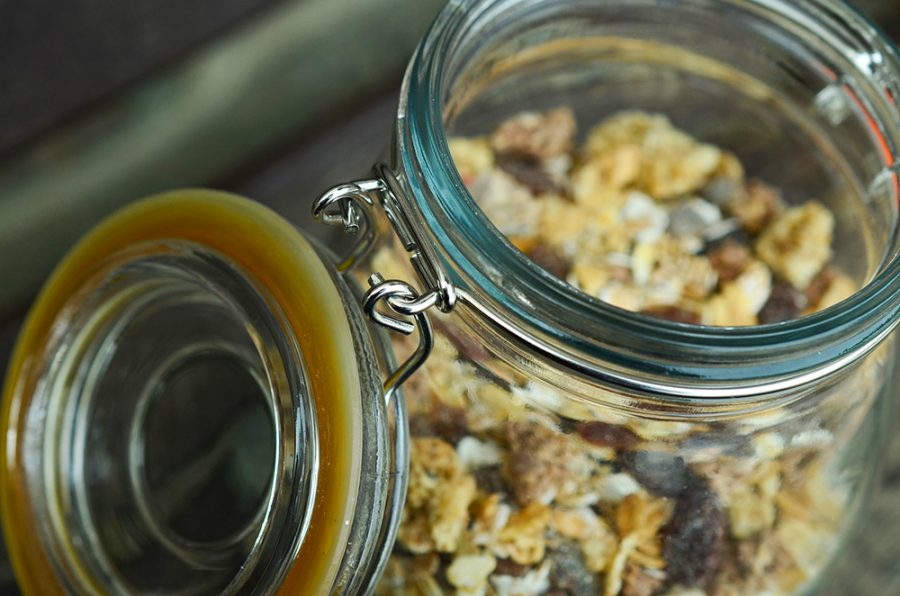
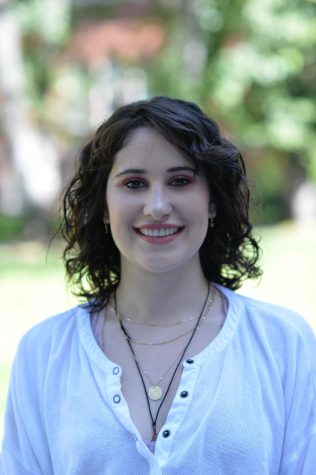






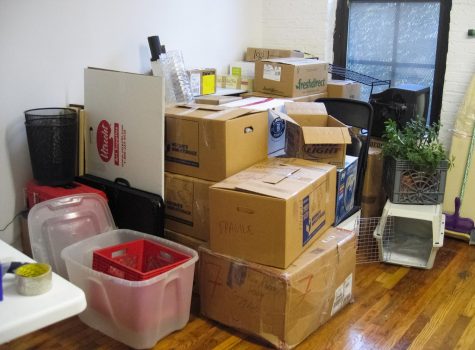



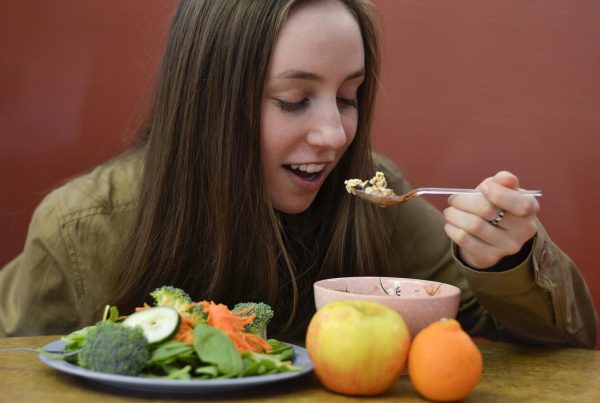
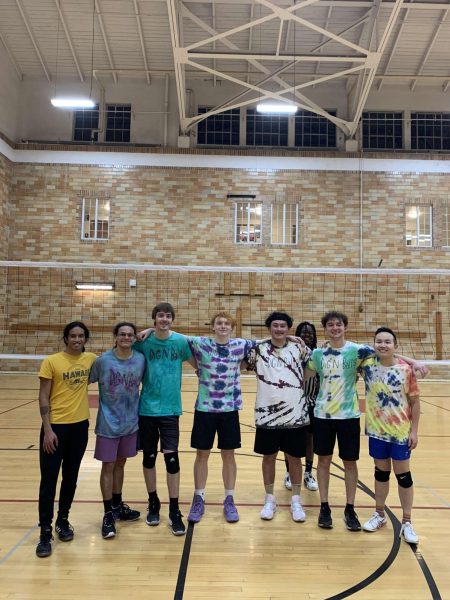
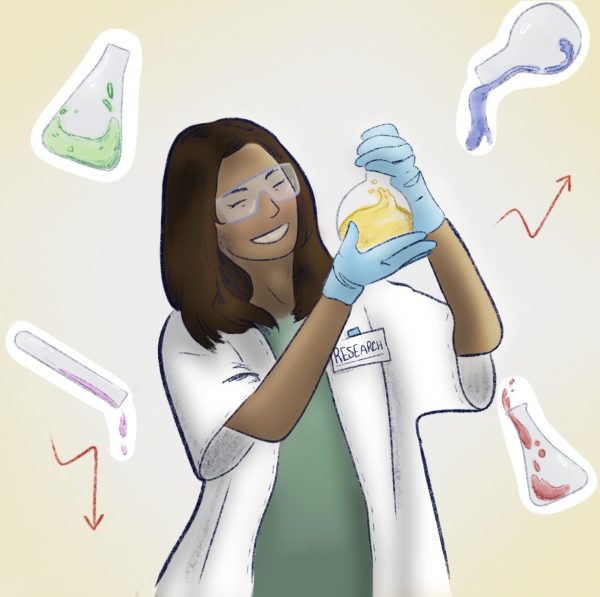
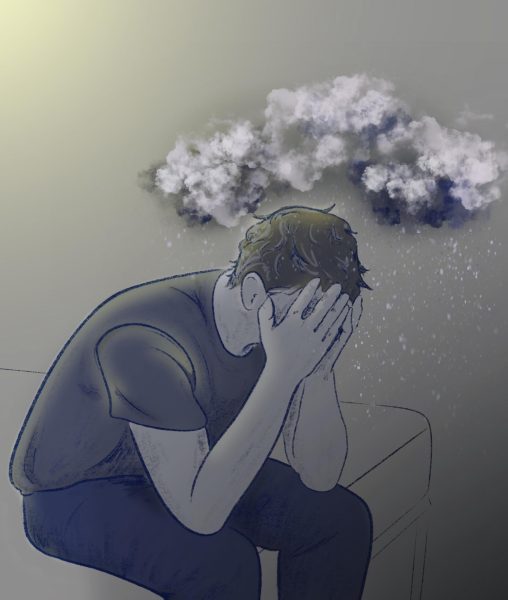


Michelle DeCourcey • Aug 19, 2019 at 5:31 pm
My partner and I are “zero waste” (nobody is zero waste, we say we are going less waste). Zero waste should cost you less money, not more. E-mail me if you have questions. I also have an Instagram @going.less.waste that talks about all of the changes that we have made. @polly.barks and @zerowastedork are also good places to start. We have been living here a year and our zero waste practices aren’t really that different than when we lived in the city so it’s totally possible around here.